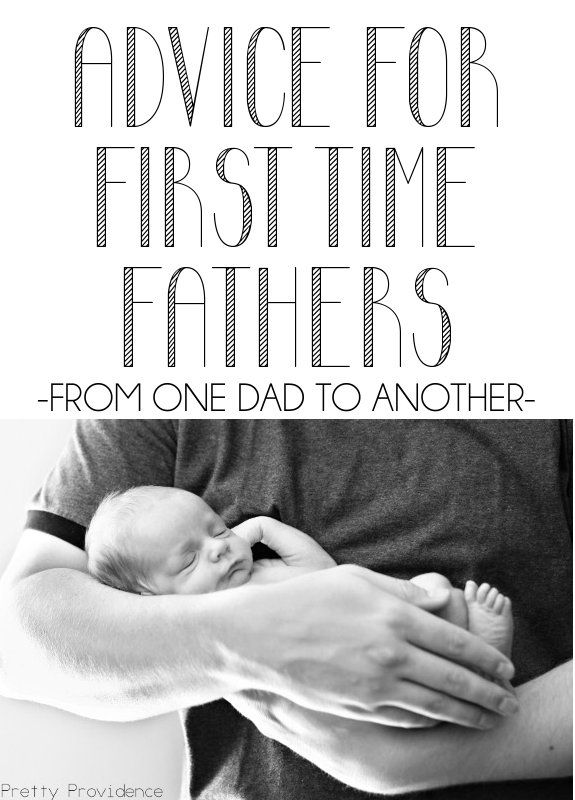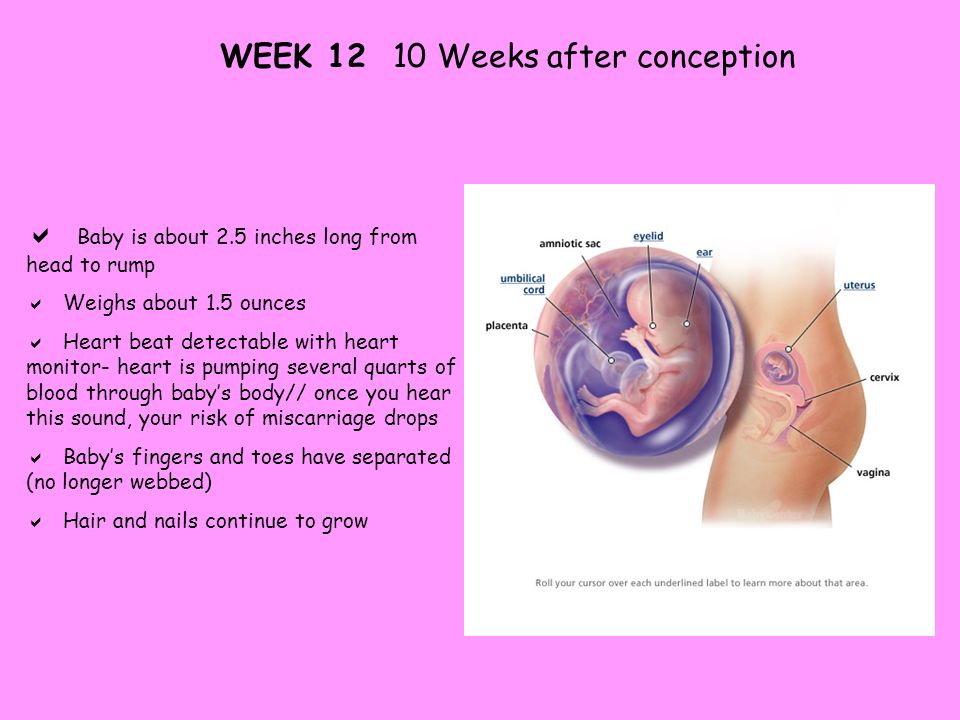First time father anxiety
Anxiety in Expectant Non-Birthing Parents: Causes, Signs, and Tips
At some point in their lives, everyone experiences something that makes them feel anxious. One major life event that can cause anxiety is having a child.
While the focus during pregnancy is often on the birthing parent, a 2021 review revealed that fathers experience anxiety at higher rates than average during their partner’s pregnancy and the first year of parenthood.
What are some causes of anxiety for non-birthing parents? How can this anxiety manifest itself, and what can help you manage it? Read on to learn more.
Language matters
Some of the studies referenced in this article involved only individuals who identified as men. But non-birthing parents can be people of any gender.
When talking about the results of a specific study, we may use the term “fathers” to accurately cite the research. Please note that many of the causes of anxiety are common among non-birthing parents of all genders.
A 2017 study looked at posts on Reddit to identify common worries for non-birthing parents.
Common sources of anxiety found in posts from non-birthing parents included:
- fears for the baby’s health
- concerns for the birthing parent
- worries about the future of the adults’ relationship
- nervousness about the role of being a father
- uneasiness about potential work-family conflicts
There’s a lot to unpack with these topics, so let’s dive a little deeper into some of these causes of anxiety.
1. Pregnancy or birth complications
It’s completely natural to worry about the health of the birthing parent or your unborn child. Most pregnancies proceed without any problems, but complications can sometimes happen.
Some of the more common complications in pregnancy or childbirth include:
- high blood pressure or preeclampsia
- gestational diabetes
- infections
- preterm labor
- miscarriage
- stillbirth
Many potential complications during pregnancy can be managed effectively with prompt medical attention.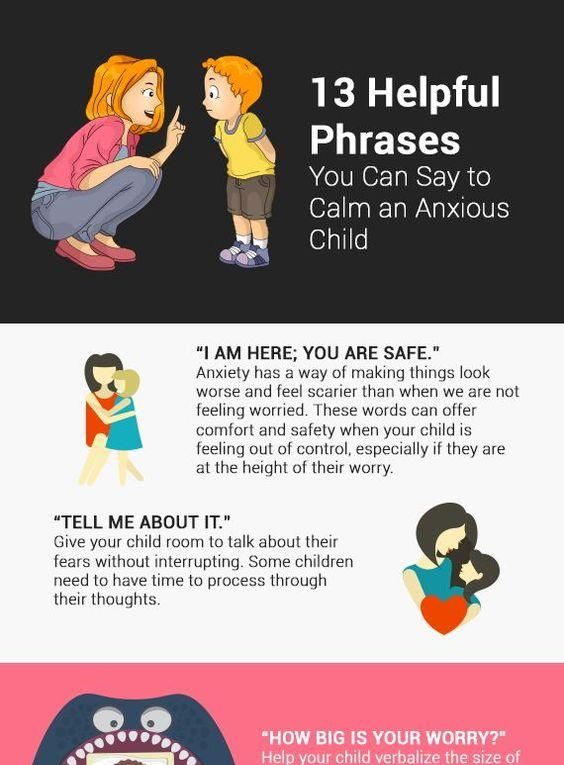 It’s also important to keep up with prenatal visits and testing.
It’s also important to keep up with prenatal visits and testing.
If you’re concerned about potential complications, you may want to attend prenatal appointments whenever possible. You can ask to speak with the birthing parent’s OB-GYN to help set your mind at ease.
You can also read books about pregnancy and labor to learn more.
2. Finances
Raising a baby can be costly. Whether your concerns are the early costs of day care and diapers or long-term costs like college, it’s natural to worry about whether you’ll have enough money for your child.
You may wish to research what free programs and resources are available for new parents in your community. Meeting with a financial advisor can also help you get a long-term plan in order.
3. Postpartum adjustment
Postpartum anxiety and depression are not only experienced by the birthing parent. A 2019 review of studies found that about 1 in 10 fathers experience postpartum depression and anxiety.
Keep in mind that although postpartum depression can occur at any point in the baby’s first year of life, the risk for non-birthing parents is highest when the baby is 3 to 6 months old.
Being a parent can bring many lifestyle changes, including sleepless nights. If you’re having a hard time managing these adjustments or feel that you might be experiencing anxiety or depression, it’s important to seek help right away.
4. Infant health
As a parent of a newborn, it’s completely natural to feel protective over your child. Medical professionals are there to help make sure your baby is healthy.
Immediately after they’re born, your baby will receive various wellness checks. Additionally, you’ll see their pediatrician frequently for the first month after your baby is born.
If you’re worried about your infant’s health, never hesitate to reach out to their pediatrician. Reading books and attending classes can also help you know what to expect and how to help your baby if they are sick.
5. Lifestyle changes
Carefree days, intimacy, and working late are all things you might fear will be long gone after the baby arrives.
It’s true that a lot of new responsibilities come with parenthood. It’s important to keep in mind that you may be able to share these with the birthing parent or other adults.
It’s important to keep in mind that you may be able to share these with the birthing parent or other adults.
If you have an intimate relationship with the birthing parent, you may wonder how having a child will affect that.
About 6 to 8 weeks after giving birth, the birthing parent is usually medically cleared to begin having sexual intercourse, but not every individual feels physically and emotionally ready. You’ll want to talk with your partner about this.
Finally, finding a work-life balance can be tricky, especially in the first few weeks of your baby’s life. Many companies offer parental leave benefits for non-birthing parents. It can be helpful to look into what options for paid leave exist prior to your baby’s arrival.
6. Will I be a good enough parent?
It’s very common to wonder what type of parent you’ll be or even if you’ll be a good parent.
If you are experiencing feelings of doubt in this area, it can be helpful to surround yourself with other non-birthing parents at the same stage who can relate to your present day-to-day experiences.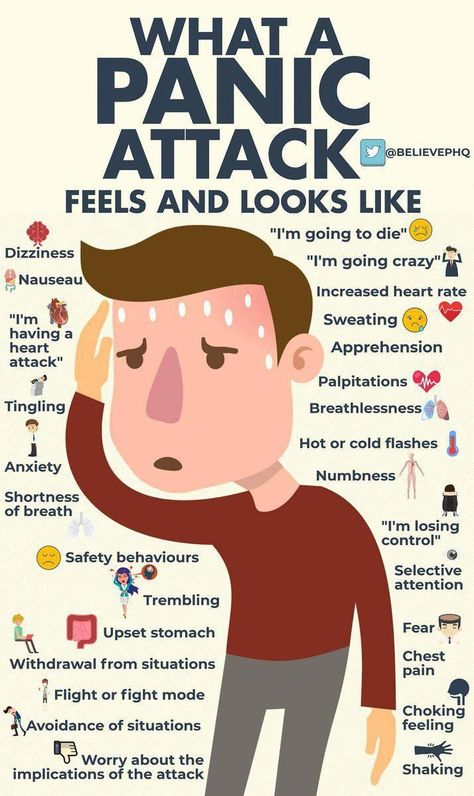
Having a support team of fellow parents and professionals you respect can help encourage and guide you as you grow as a parent.
Feelings of anxiety can be physical or mental.
While exact symptoms can vary from person to person, you may find that you’re:
- eating all the time or feeling too worried to eat
- having trouble falling asleep at night
- wanting to sleep all the time
- having trouble concentrating
- becoming withdrawn from others
- experiencing rapid breathing or a racing heartbeat
If feelings of anxiety are cycling, getting more intense, or interfering with your daily life, it’s a good idea to talk with a medical professional.
If you’re experiencing anxiety, you’ll want to get support, find ways to prepare, and stay connected. To do this, you can:
- Learn more about pregnancy. Consider taking a childbirth or parenting class or working with a doula. A 2020 review found that fathers who attended pre-birth classes were less anxious than those who did not.
 You can also read books about pregnancy, postpartum, and child development.
You can also read books about pregnancy, postpartum, and child development. - Talk with a financial consultant. They can help you create a budget and make a long-term financial plan.
- Speak to a therapist. At least one study has shown counseling to be an effective way to reduce anxiety in fathers-to-be.
- Join a support group. In-person groups for non-birthing or new parents are a great way to bond with others in your community. If there are no local options, you may wish to join a virtual group.
- Keep a healthy lifestyle. Eating healthy foods, getting enough sleep, exercising, and meditating can help your body cope with stress.
It’s natural to feel stress as a non-birthing parent. Your life is in the midst of a lot of changes.
Some common sources of anxiety are the health of the baby and birthing parent, worries about finances, and questions about your ability to be a good parent.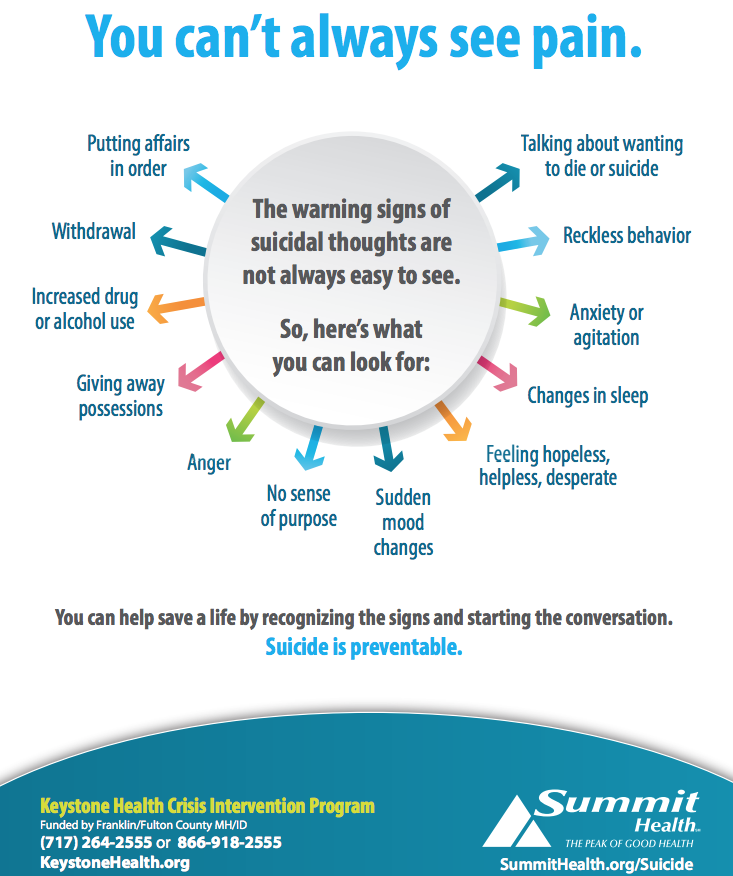
While some anxiety is expected, you may wish to speak with a counselor if it’s disrupting your sleep, diet, or daily activities. They can help you to better understand and manage your fears.
Anxiety and depression in new dads
Anxiety and depression in new dadsYou are currently:
- Home
- Pregnancy and new parents
- Dadvice: for new and expectant dads
- Anxiety and depression in new dads
Most people are aware that anxiety and depression can affect new mothers, but did you know that fathers are also at risk? If not, you’re in solid company – almost 50 per cent of dads aren’t aware of this fact.
And while anxiety during pregnancy and after the birth of a baby isn’t as well recognised as depression, we know it’s likely to be just as common among new parents.
Are you at risk?
Ask yourself how many of the following apply to you:
- Have you had anxiety or depression before?
- Does your partner have anxiety or depression?
- Do you have a lack of practical, emotional or social support available?
- Are you feeling the burden of financial stress?
- Did you support your partner through a difficult birth?
- Do you have current or past issues with drugs or alcohol?
- Is your baby unwell?
- Are you going through major life changes and/or relationship difficulties?
- Are you finding the reality of parenting different from your expectations?
Other contributing factors can include:
- not being able to bond with your baby
- attitudes towards fatherhood and masculinity – thinking you can’t talk about how you’re feeling or ask for support, or a fear that you’ll be seen as a ‘failure’ if you’re not coping
- changes in your relationship with your partner, which can lead to feelings of resentment and exclusion
- worries about extra responsibilities, financial burdens and managing the stress of work.

Is your baby premature or unwell?
If your baby is premature or has health complications, they may need to spend time in hospital. This can be an extremely distressing situation for any new parent, and can increase your risk of developing anxiety or depression. It’s important to look after your mental health at this time, and many hospitals have dedicated support services for families to help you. Make sure you take advantage of any support that’s offered, and ask what else is available to help you.
The more you answered ‘yes’ to these questions and recognise these scenarios, the greater your risk of developing anxiety or depression.
This doesn’t mean you’ll automatically experience a mental health condition, but it’s important to keep an eye on your thoughts, feelings and behaviour.
Signs and symptoms
Anxiety and depression can sometimes be hard to spot in new dads because of the overlap between symptoms and the general stress and exhaustion that comes with caring for a baby.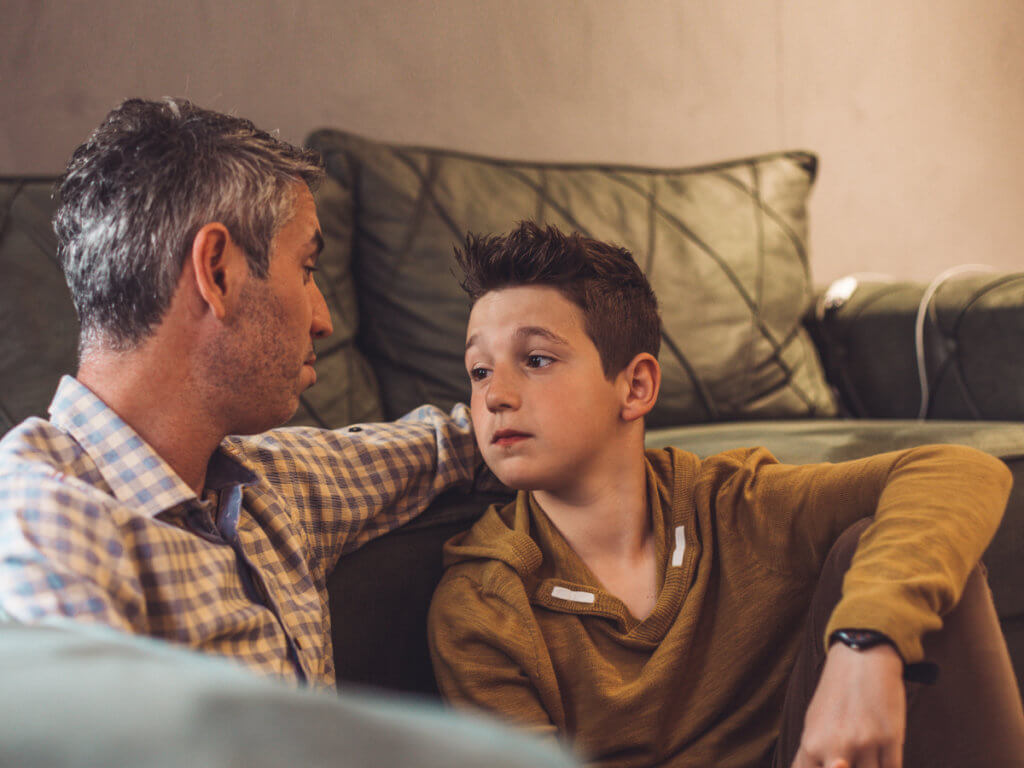 It can be hard to know if what you’re feeling is ‘normal’ when your sense of normal has been completely blown apart.
It can be hard to know if what you’re feeling is ‘normal’ when your sense of normal has been completely blown apart.
That’s when it can be helpful to take a close look at how you’re feeling – about yourself, your partner, and your baby. If your thoughts and feelings are predominantly negative, this can be a sign that you’re experiencing anxiety or depression.
Symptoms of depression in new dads
- low mood
- increased irritability and anger
- often feeling close to tears or crying a lot
- feeling sad, down, numb and empty
- feeling hopeless, with no interest in baby or other people or things you or your partner used to enjoy
- decreased energy and exhaustion
- having trouble thinking clearly, lack of concentration and poor memory (which can also result from a lack of sleep).
Symptoms of anxiety in new dads
- anxiety and worries that keep coming into your mind and are difficult to stop or control
- constantly feeling irritable, restless or on edge
- having tense muscles, a tight chest and heart palpitations
- outbursts of extreme fear and panic
- constant worries or fear about the health of baby during pregnancy or after the baby is born.
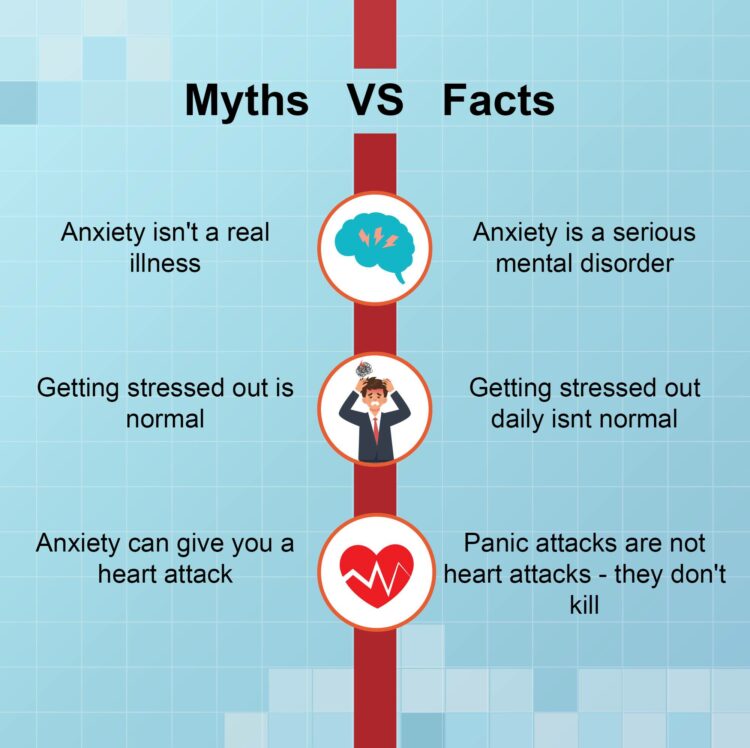
Feelings and responses
- Feeling trapped. Some new dads describe feeling stuck in their situation with no escape, as well as feeling incredibly alone.
- Anger and rage. Other dads feel angry at their partners, children or other family members. These feelings can be confusing and distressing.
- Hopelessness and helplessness. Some new dads feel that their situation is hopeless, and unable to change it. They feel their lives and sense of self might never return to normal.
- Disappointment. Some dads feel an overwhelming sense of disappointment. They might think they’ve failed in their role as a father and let everyone down, or feel let down themselves if fatherhood doesn’t meet their expectations. Some new dads get a double whammy of disappointment if both these scenarios are true.
Seeking support
Support is available for new dads experiencing anxiety and depression. You don’t have to go through this alone – with the right treatment and people around you, you can and will feel better.
You don’t have to go through this alone – with the right treatment and people around you, you can and will feel better.
Asking for support, talking things through, and even just spending more time with the people you love can help you reconnect with your positive feelings again.
- Talking things through with your GP is a good first step. They can provide an assessment, refer you to other health professionals as required, and rule out any physical health conditions that could be contributing to how you’re feeling. Learn more about different health professionals and the services they provide
- Find a support group. Sharing your story and learning from other dads going through the same challenges can be really beneficial. Your child and family health nurse or local community health centre can help you find groups in your area.
- If things get too much, the Beyond Blue Support Service is always available. Our trained mental health professionals will listen, provide information and advice, and point you in the right direction so you can seek further support.
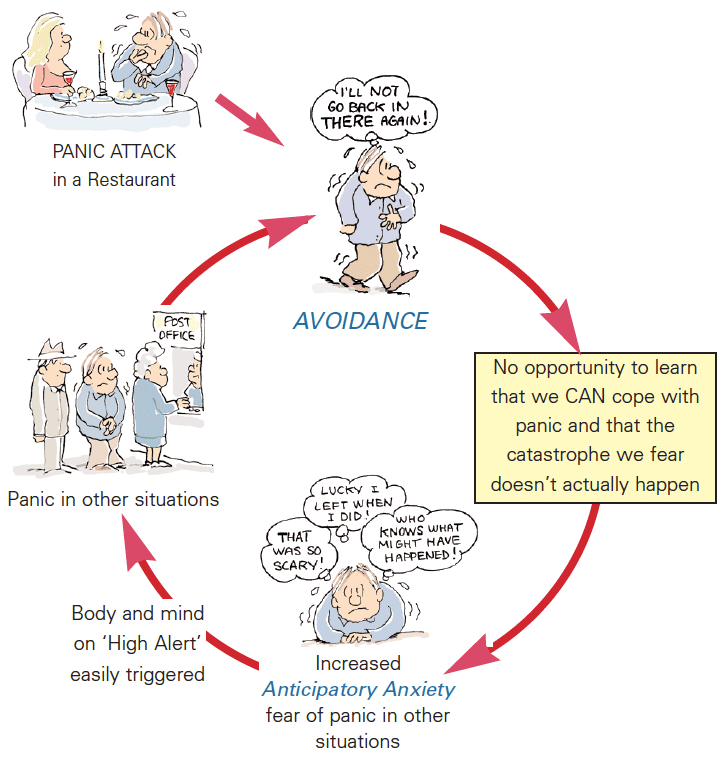
Take our dad stress test
If you’re unsure if what you’re going through is a ‘normal’ response to new dad life, complete our two-minute dad stress checklist.
Based on your score, we’ll give you some pointers on next steps for seeking support.
Next steps and more info
- PANDA’s How is dad going? website is packed with info for dads
- Get some tips for looking after yourself
- Find out about seeking support
- Download Emotional health and wellbeing: a guide for new dads & partners
Stay in touch with us
Sign up below for regular emails filled with information, advice and support for you or your loved ones.
Sign me up
7 rules for an ideal father for a girl
home
Parents
How to raise a child?
7 rules for a perfect father for a girl
- Tags:
- Expert advice
- 3-7 years
- 7-12 years old
- teenager
- personal space
The role of the father in the upbringing of his daughter is no less important than the role of the mother. A girl can develop harmoniously only with the participation of both parents in the upbringing. However, it is usually difficult for men to understand what their role in this process is. They do not have an instinct that would tell you how to behave with a child. Meanwhile, the role of a father in raising a daughter is important at every stage of her life.
A girl can develop harmoniously only with the participation of both parents in the upbringing. However, it is usually difficult for men to understand what their role in this process is. They do not have an instinct that would tell you how to behave with a child. Meanwhile, the role of a father in raising a daughter is important at every stage of her life.
We have decided to highlight a few universal tactics of behavior, following which you can become a loving parent.
1. Admire your wife
Daughter's femininity is formed depending on how much the father values these traits in his wife. Psychologists advise fathers of daughters to be gentle in dealing with their wife, not to swear in the presence of a child, to compliment her, to be attentive to requests. All this greatly affects the formation of the right type of relationship in the future family of your daughter.
2. Learn to listen without evaluation
Communication with a daughter plays a key role in building a relationship with a father. The girl will probably want to share with you the details of her school or kindergarten life, talk about friends and the first experience of communicating with boys. Chat with the little princess as if you were best friends. Just half an hour of active listening a day can guarantee your daughter's trust for many years to come.
The girl will probably want to share with you the details of her school or kindergarten life, talk about friends and the first experience of communicating with boys. Chat with the little princess as if you were best friends. Just half an hour of active listening a day can guarantee your daughter's trust for many years to come.
Criticism of your daughter's words and actions, on the contrary, can turn her against you. To a greater extent, this applies to the mental abilities of the girl and her social skills - it is the father who is responsible for their development.
3. Offer help when needed
It is important for a girl that she can fully rely on a man in any situation. In most cases, you help her simply by listening. But sometimes you need to take some action. Protect your daughter if she is bullied at school, or offer to help her if you can somehow solve her problems.
4. Ask about daughter's emotions
Girls need to share their emotions with their father. As a rule, daughters themselves share their feelings in conversation and in their stories, but sometimes they are shy. The questions “How do you feel about this?” help here. Such emotional emancipation with the father gives the daughter protection and inner confidence. Let her feel and worry, from time to time she cries and acts up. If a girl from childhood knows how to openly talk about her emotions to a man, then a happy family future is guaranteed to her.
As a rule, daughters themselves share their feelings in conversation and in their stories, but sometimes they are shy. The questions “How do you feel about this?” help here. Such emotional emancipation with the father gives the daughter protection and inner confidence. Let her feel and worry, from time to time she cries and acts up. If a girl from childhood knows how to openly talk about her emotions to a man, then a happy family future is guaranteed to her.
5. Praise and compliment your daughter
A father should encourage his daughter's positive self-esteem by approving her abilities and appearance. Each time, emphasizing that his daughter is “clever and beautiful,” the father forms her self-confidence. It is important for girls to feel like a “little princess” whom dad loves and pampers. Insufficient emotional responsiveness of fathers gives rise to anxiety, instability of mood and capriciousness in them as a means of attracting the attention of others.
Give your daughter some pleasant and affectionate nicknames that emphasize her talents. It can be fairy-tale characters or famous people whom she loves.
6. Ask your daughter's opinion
Older girls of school age are more in need of their father to be interested in their opinion. You can solve family issues together, plan leisure or vacation. A child can give you very unusual solutions to questions - children have a very rich imagination!
7. Respect your daughter's personal space
It's important for dad to give the girl enough attention without overdoing it. Indeed, in the upbringing of the girl, the mother still plays a key role, and by the age of 11, when adolescence begins, the daughter will better understand and advise her daughter on many issues. Here it is important for the father to find the right distance so as not to push the girl away from him, but also tactfully not to interfere. For example, you might start knocking on the child's room door or the bathroom.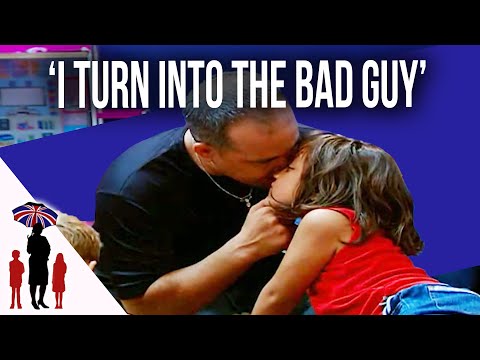 Teenage girls are often shy about the changes that are happening to their bodies. As a father, you can show the right example of respect for the privacy of a growing young woman.
Teenage girls are often shy about the changes that are happening to their bodies. As a father, you can show the right example of respect for the privacy of a growing young woman.
I am a parent wishes you a Happy International Father's Day and wishes you and your children many joyful family moments!
On the eve of this holiday, we decided to find out from Muscovites whether they will join the celebration of the popes and whether they know the date of the holiday. See what the citizens think in the "People's Opinion" section.
What kind of dad are you? Find out by taking our quiz.
TAKE THE TEST
Natalia Koroleva
Touch is important for parents and children - Journal
Communication phase after birth
If all goes well during the birth, the newborn can be placed on the mother's or father's chest on his stomach.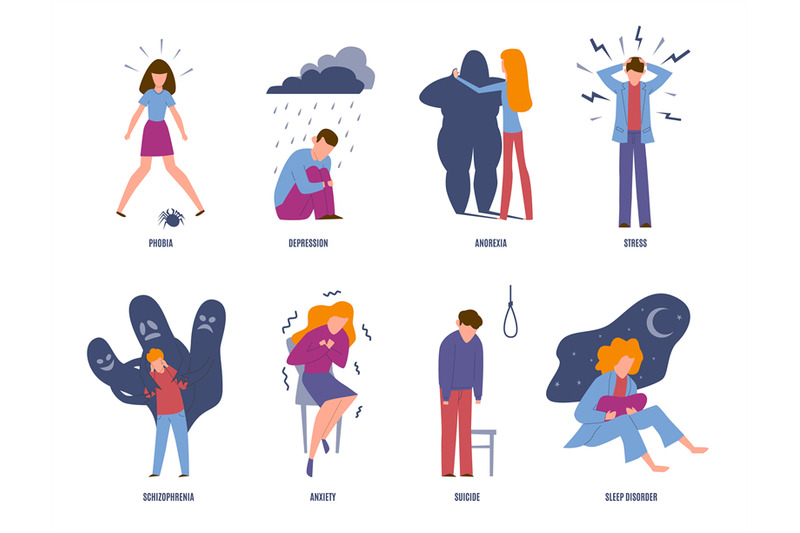 The first skin-to-skin contact maintains an emotional bond between parent and child. It triggers the release of hormones that promote close bonding and love. This bonding process in the first few days helps parents recognize their child's signals and needs. This, in turn, helps the child develop a healthy sense of basic trust.
The first skin-to-skin contact maintains an emotional bond between parent and child. It triggers the release of hormones that promote close bonding and love. This bonding process in the first few days helps parents recognize their child's signals and needs. This, in turn, helps the child develop a healthy sense of basic trust.
Despite initial obstacles, an intense bond can be created. If children need special care because of a difficult birth or an illness that prevents them from getting close to their parents right away, there are ways to compensate.
Skin contact creates a sense of security
The most important feeling for newborns is the closeness of loving parents: it gives a sense of security. Toddlers feel when their signals are perceived, and they know that nothing threatens them. Creating safety is an important element of caring for the well-being of a child, especially in the first months of his life. First of all, this feeling of security is expressed in physical closeness: in the arms of a mother or father, snuggling up to them in bed, in a sling or carrier, the child feels safe. This close bodily contact also warms. Children, especially at the beginning, find it difficult to regulate their body temperature. Therefore, physical contact helps them in this.
This close bodily contact also warms. Children, especially at the beginning, find it difficult to regulate their body temperature. Therefore, physical contact helps them in this.
Need for touch and closeness
People need touch for healthy emotional development. Touch is our first language in life and plays an important role. In the womb, babies develop sensations of touch. Then, during childbirth, they experience physical contact and for the first time feel someone's hands. In addition to breastfeeding, carrying, and cuddling, infants are especially sensitive to touch during body care, when there is direct skin contact.
Such care can be included in the child's daily routine from the very beginning. For example, parents can create skincare rituals that nourish the body and strengthen emotional bonding—baby massage is great for this. With it, parents learn to gently care for their child, touch him and communicate with him, recognizing his signals and responding to them.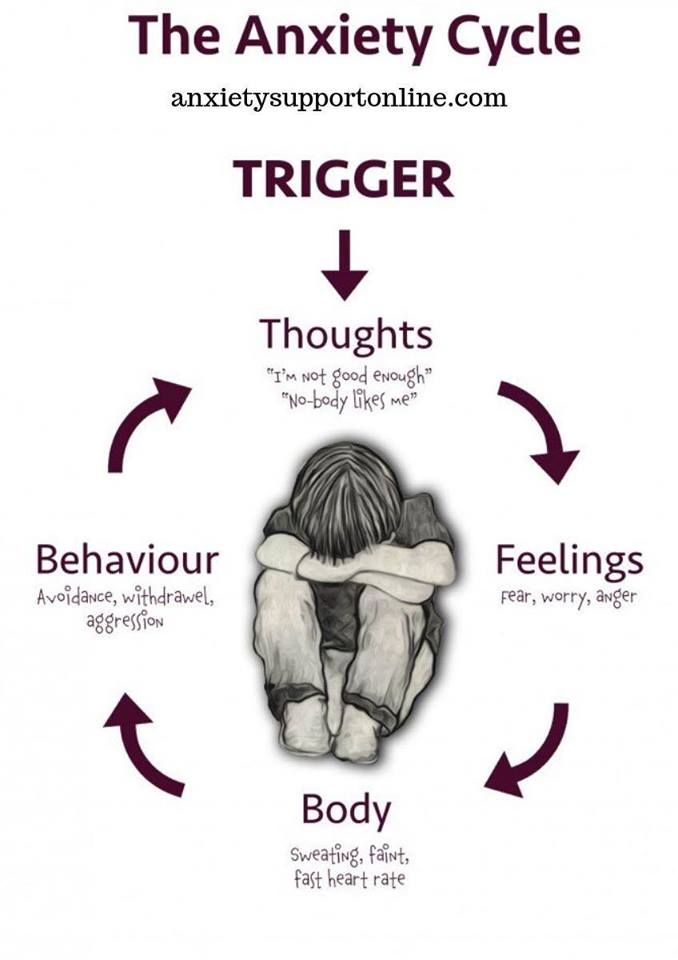
Oxytocin
The skin is our largest organ with millions of receptors that respond to touch. If the brain perceives gentle or gradual skin-to-skin contact, it also releases the hormone oxytocin. Thus, physical contact goes hand in hand with the release of oxytocin, which creates a sense of connection. Also known as the “cuddle hormone,” oxytocin has a relaxing effect, relieves anxiety, lowers blood pressure, lowers cortisol levels, and boosts the immune system. The resulting positive feelings strengthen the bond between children and their parents, fostering close relationships.
Touch affects baby's development
The experience of physical contact and gentle touch not only helps newborns feel and understand their body, but also stimulates their brain and cognitive development. During diaper changes or body care, babies feel their parents' touch on their skin. They feel warm or cold hands in an adult, strong or weak pressure.